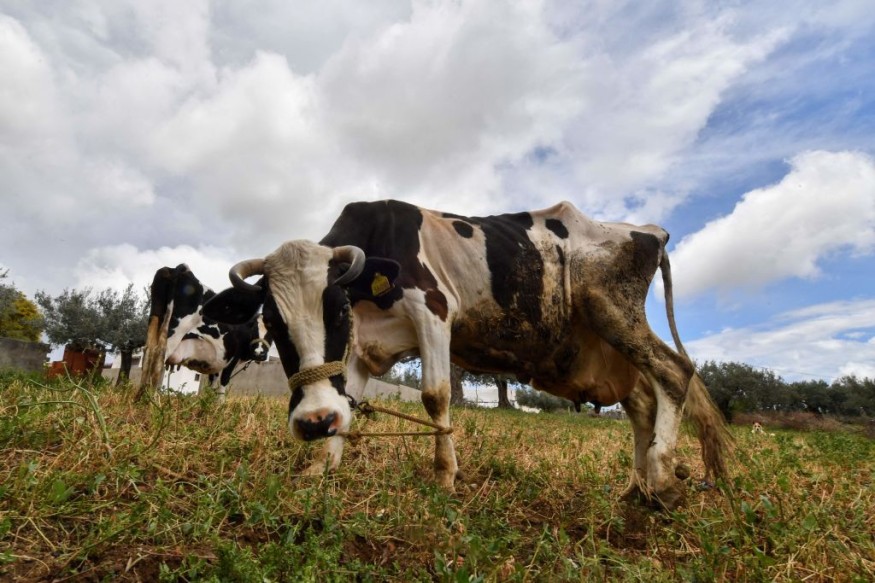Giant cows once existed and hunted by ancient humans at an archaeological site located in what is now the east bank of the Upper Jordan River in modern-day Israel, according to new studies.
The researchers determined our ancestors approximately 60,000 years ago used a unique hunting technique to kill giant cattle in the area, highlighting signs of knowledge and strategy when it comes to hunting for food.
The cattle being used as a subject in the studies is already extinct.
However, the findings suggested that the ancient hunters consumed their meat but not without a challenge.
Using a combination of multi-purpose stone tools and strategic ambushes at close-range, the inhabitants were able to successfully capture and kill the animals.
Giant Cow Hunting Technique

In the two studies published in the Journal of Archaeological Science: Reports in February and Scientific Reports in January, investigations at Nahal Mahanayeem Outlet (NMO) revealed animal bones and stone tools were left behind by the ancient inhabitants, which helped the researchers to arrive at their conclusion.
Initially, the time when giant cow hunting technique was used the Jordan River did not yet exist, instead it was once a body of water called the Paleo-Hula Lake.
NMO is special since it is an open-air site whose historic secrets were covered by sediments, which allowed to preserve the life of the site's occupants, early hunters who butchered and processed the giant cows as they hunted nearby, according to Israel's Tel-Hai College Professor Gonen Sharon who told Newsweek.
Big-Game Hunting
The February study focused on the big-game hunting technique which occurred specifically during the late Middle Paleolithic period in the Levant, wherein impact fracture analysis of pointed artifacts demonstrated the power and usage of low-velocity weapons.
In addition, the research paper found disadvantaging or ambush hunting strategies were used during the big-game hunting at NMO.
Despite the findings, it is not clear if such particular method was also used elsewhere in the world during the said period.
Meanwhile, the January study focused on the use of butchering knives and hafting process at the same location.
Here, the paper acknowledged of the limited knowledge about tool use and hafting in open-air sites during the Middle Paleolithic.
The findings are comparatively novel to the long-held notion that human behavior and subsistence strategies (hunting techniques) in the Levantine Middle Paleolithic originate from long sequences in caves and rock shelters.
Spear Hunting Technique
The discovery of the hunting techniques at NMO in Israel is significant since it did not involve the common method of spear-throwing to incapacitate or kill an animal in the open field.
However, the NMO inhabitants also exhibited other common traits while hunting, such as being patient while planning for an ambush and sticking stones to wooden material to improve the weapon.
According to the Smithsonian Institution, early humans created wooden spears and used them to kill large animals, which includes cattle, by at least 500,000 years ago.
Related Article: Cow Poop Could Be the Answer to Global Warming Problems
© 2025 NatureWorldNews.com All rights reserved. Do not reproduce without permission.





